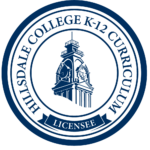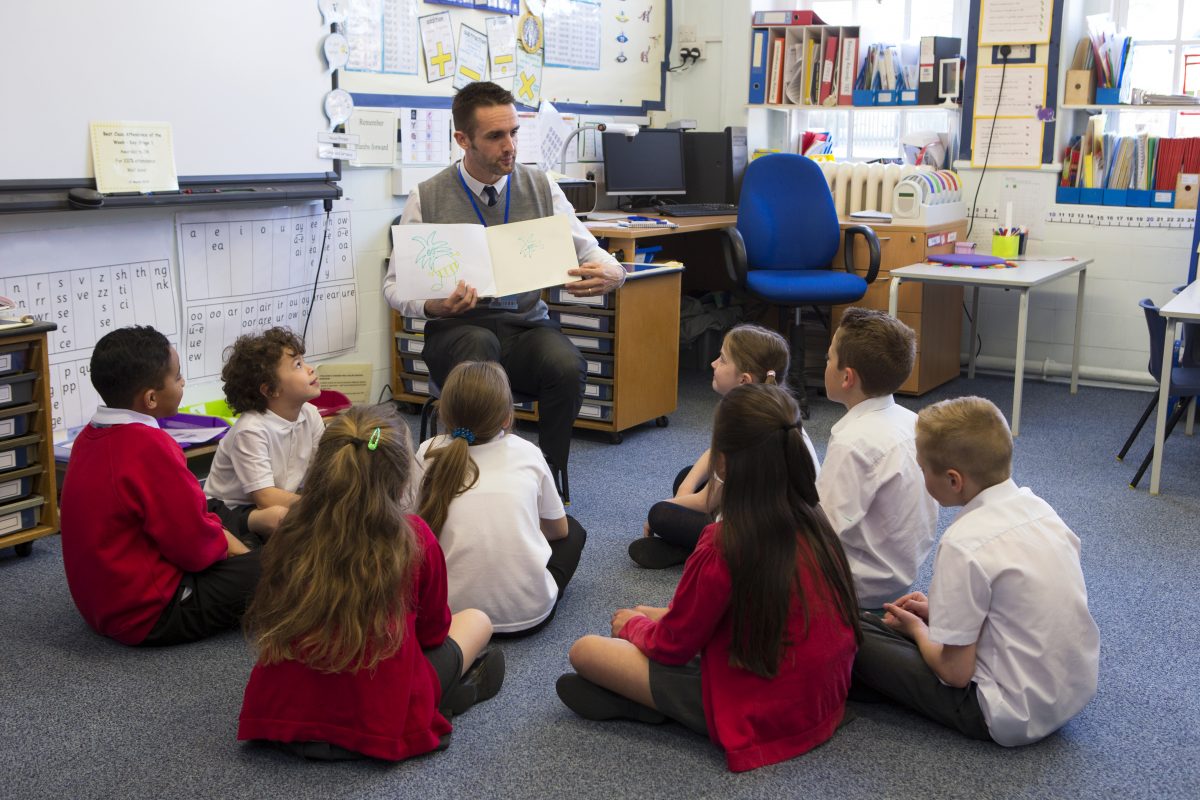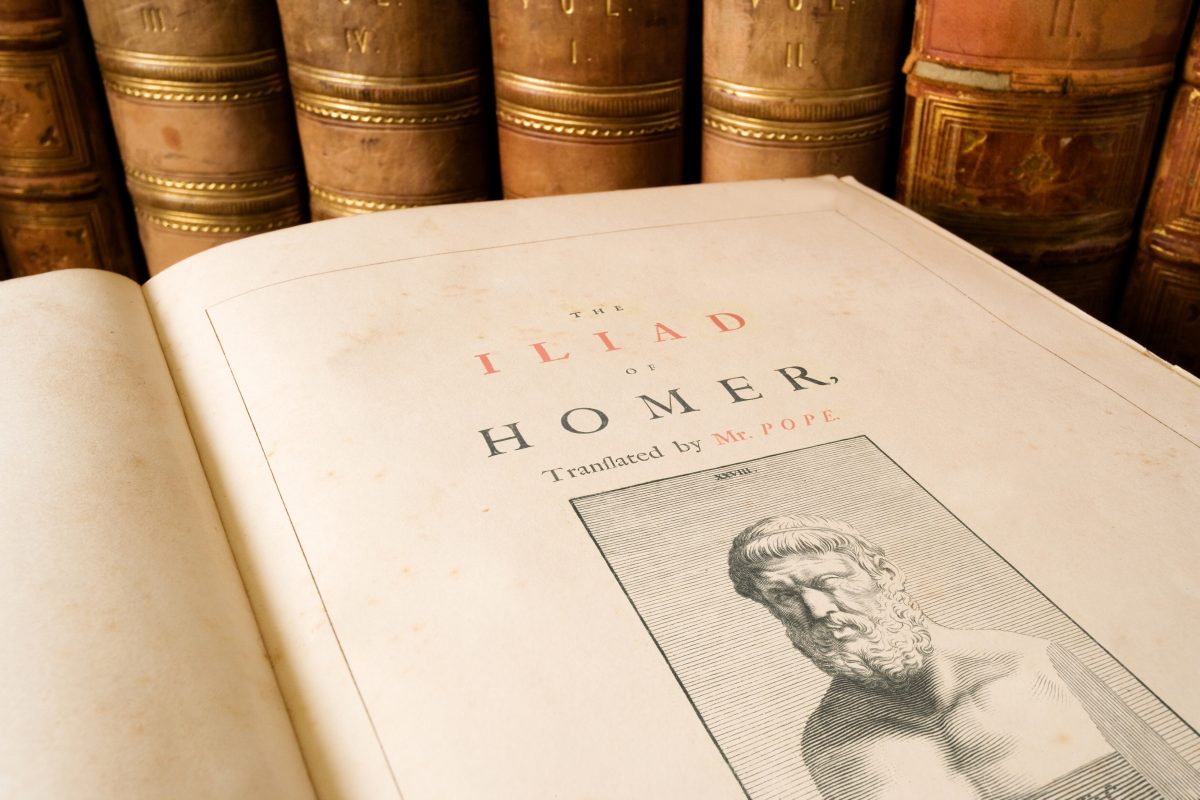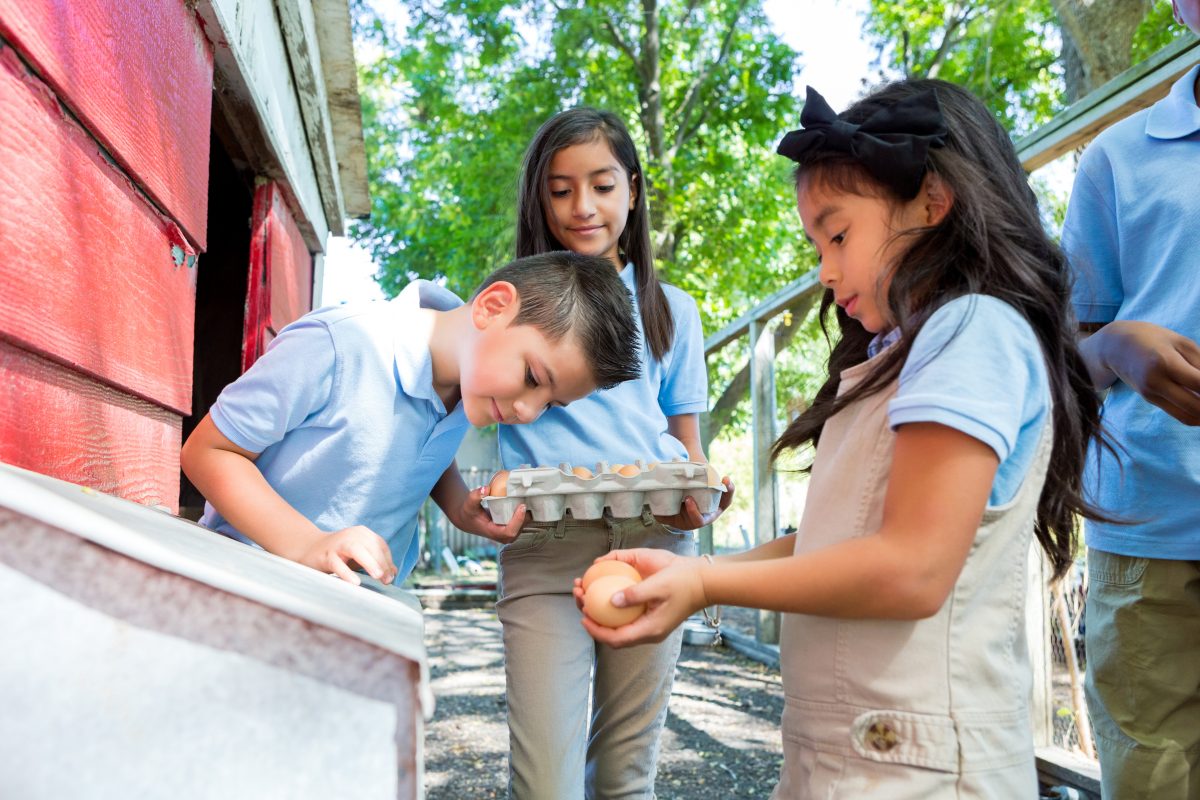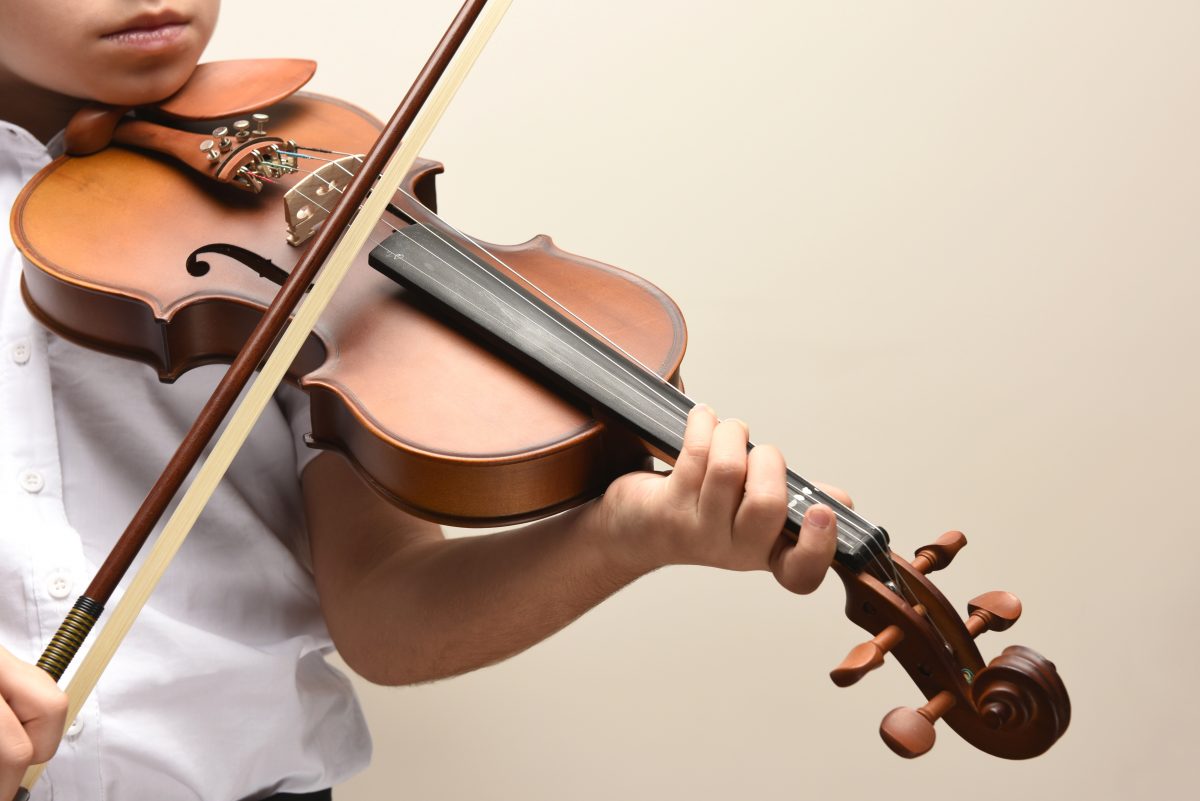Curriculum & Instruction
- Curriculum & Instruction
- Community Giving
- Average Teacher Salary Increase
- Giving Tuesday 2024
- Why work at Candeo
- Openings
- Candeo Tours
- Take a Virtual Tour
- Tax Credit
- Curricular Resources
- Extracurricular
- After School Program
- Report an Absence
- School Lunch
- Uniform Policy
- Parent Satisfaction & Testimonials
- About
- Locations
- Take a Virtual Tour of Candeo
- Curriculum & Instruction
- Governance
- Board of Directors
- Governing Board
- Scheduled Meetings
- Documents
- Point of Contact for Public Records Requests
- Candeo Peoria
- Leadership
- Leadership
- Candeo North Scottsdale
- Archived Meetings
- Calendar
- Important Instructions for Enrollment Applications
- Join Our Interest List
- Priority Application
- Title IX
- Admissions
- Careers
- Contact
- Home
- Parents
- Results
- Press
- Support
Curriculum & Instruction
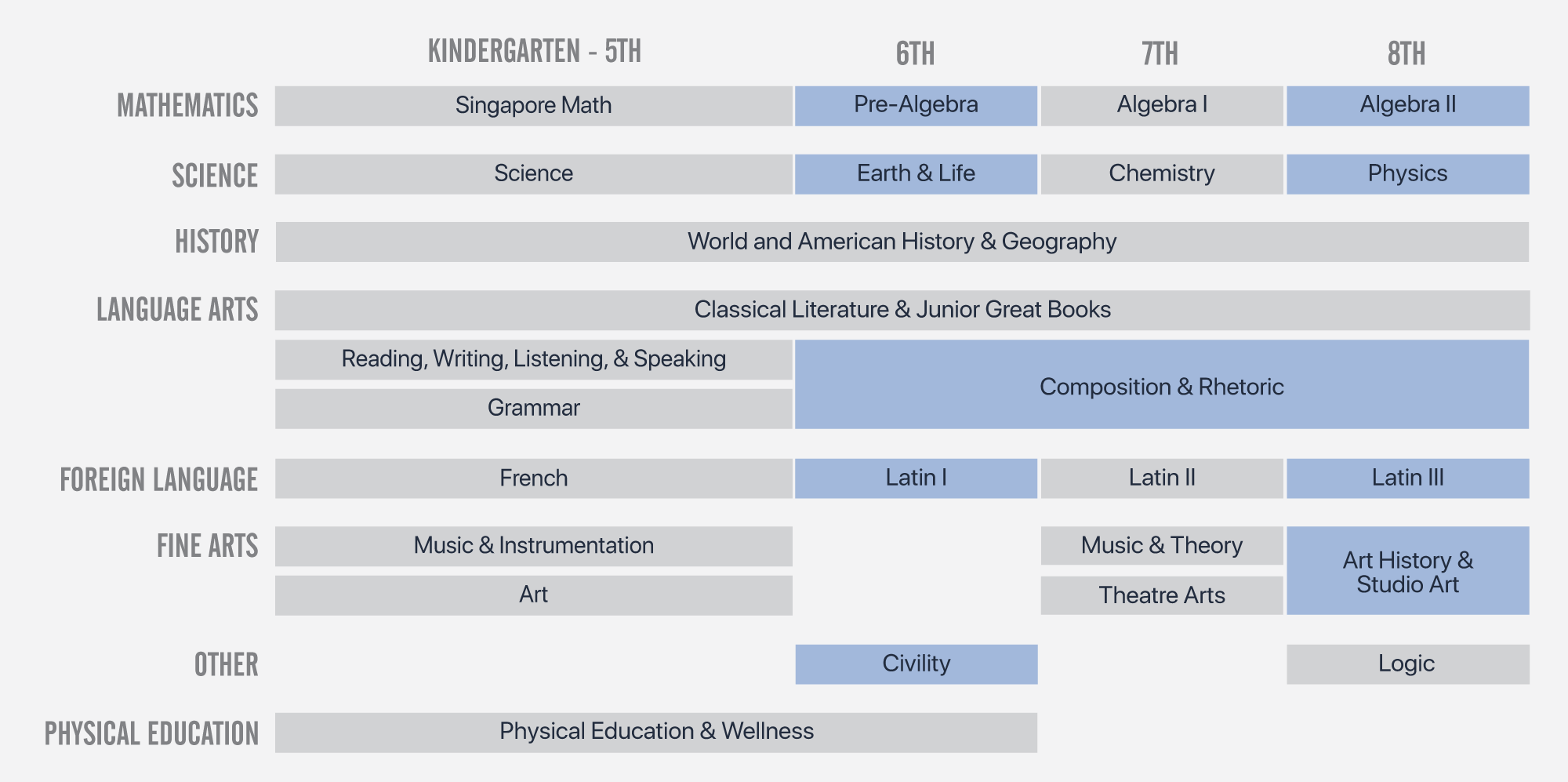
Grounded in classical thought and the Trivium, we utilize the nationally recognized Core Knowledge curriculum for content in every grade level while ensuring students meet and exceed state standards.
What is classical thought?
Classical thought centers on the Western Tradition, gaining its ideas and methodology from the Greeks. It points to and seeks that which is good, true, and beautiful in every subject and every interaction.
What is the Trivium?
The Trivium is a portion of the seven liberal arts, comprised of Grammar, Logic, and Rhetoric. Throughout our classical program, all students learn to master the English language, analyze and grapple with ideas, and produce exemplary and beautiful works in writing and in speech.
What are standards?
Every state articulates standards, or minimum benchmarks, that focus on certain skills or general understandings that students must meet in order to be prepared for the next grade level. State standards do not specify content, materials, or methodologies; rather, those are left to individual school to determine.
Curriculum from core knowledge
Core Knowledge is a coherent, cumulative, content-specific curriculum that defines essential knowledge most useful for learning, comprehension, and contribution as a literate member of society.
Core Knowledge is coherent. Explicit identification of what children should learn at each grade level ensures a coherent approach to building knowledge across all grade levels. Every child should learn the fundamentals of science, basic principles of government, important events in world history, essential elements of mathematics, widely acknowledged masterpieces of art and music from around the world, and stories and poems passed down from generation to generation.
Core Knowledge is cumulative. It provides a clear outline of content to be learned grade by grade so that knowledge, language, and skills build cumulatively from year to year. This sequential building of knowledge not only helps ensure that children enter each new grade ready to learn, but it also helps prevent the repetitions and gaps that so often characterize current education.
Core Knowledge is content-specific. The Core Knowledge Sequence is distinguished by its specificity. By clearly specifying important knowledge in language arts, history, geography, math, science, and the fine arts, the Sequence presents a practical answer to the question, “What do our children need to know?” Teachers are free to devote their energies and efforts to creatively planning how to teach the content to the children in their classrooms.
Core Knowledge is a school reform movement . . . taking shape in hundreds of schools where educators have committed themselves to teaching important skills and the Core Knowledge content they share within grade levels, across districts, and with other Core Knowledge schools across the country.
For more information about Core Knowledge, click here.
Curriculum from Hillsdale College
Candeo Schools is a Hillsdale College Curriculum School, a distinction that offers our school access to a tried and true K-12 Curriculum from the Hillsdale College K-12 Education Office.
About Hillsdale
Hillsdale College was founded to provide the kind of sound learning necessary to preserve the blessings of liberty. For over 175 years, it has offered an outstanding liberal arts education for undergraduate students. Restoring excellence to American K-12 education is a natural extension of the College’s mission, and Hillsdale has been helping K-12 schools for over three decades. Hillsdale teaches K-12 schools to provide an education that is both classical and American in its orientation; one that is rooted in the liberal arts and sciences, offers a firm grounding in civic virtue, and cultivates moral character.
Hillsdale’s curriculum, contained in the Hillsdale College K-12 Program Guide, is available to Candeo Schools at no cost; it is made possible by the generous support of friends of Hillsdale College.
Helpful Links
For more information about Hillsdale College support for schools like Candeo Schools, visit k12.hillsdale.edu.
What is American Classical Education?
Hillsdale Classical Schools Across the Nation
Founding a Hillsdale Classical School
Frequently asked questions about Hillsdale’s support for K-12 schools
Elementary
Our elementary program is rigorously designed to prepare students for advanced coursework in our middle school program and college preparatory high schools. Within our classical framework, students grow their intellectual and moral fortitude as they formally study World and American History and Geography, Mathematics, English Composition, Grammar, Classic Literature, French, Science, Art, and Music. Every student is afforded daily time and space to run, play, move, breathe, wonder, and think deeply. As well, each is taught principles of health and wellness through regular instruction and activities in Physical Education class. As part of our fine arts core, students in grades 3-5 play an instrument of choice, beginning with the recorder and progressing to the cello or violin.
Middle School
Our Middle School coursework and methodologies are masterfully built upon the foundational knowledge and skills of our K-5 program. Our program is intensive, requires strong academic habits and integrity, and promotes personal responsibility for success. Mastery within this structure is expected and required for promotion. Within this structure of rigor, each lesson is an opportunity to practice a life of truth, beauty, and goodness. In language studies, we learn how to speak carefully and precisely; in math and science, we demonstrate honesty in presentation of data, persistence in the face of complex problems, and learning from mistakes; in literature and history we study acts of great heroism and great moral failing; and in the arts we examine what is beautiful and how we, too, can add joy, vitality, and humanity to our world.
